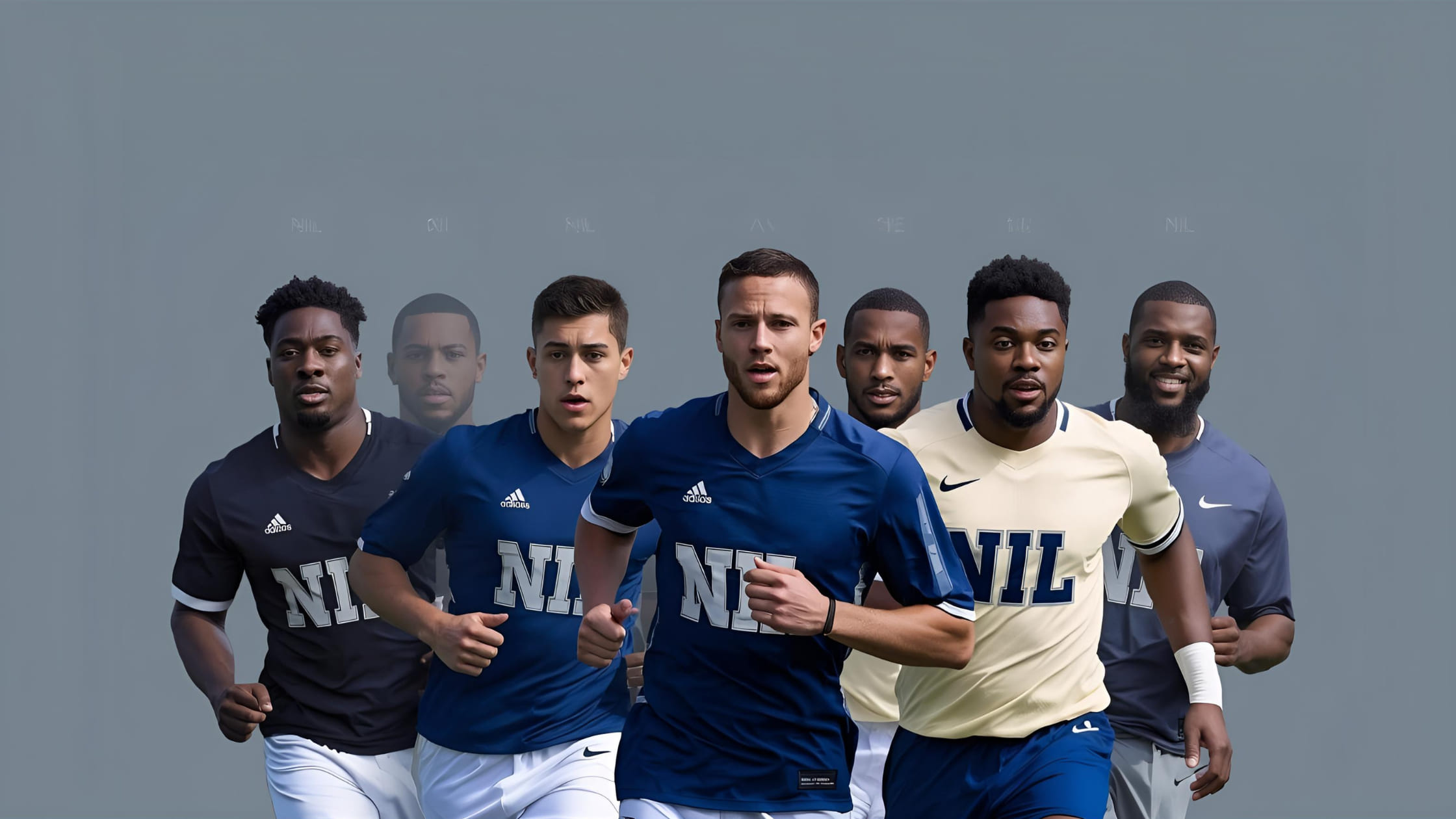
The 2025 football season has kicked off under a new legal era: the House v. NCAA settlement. College athletes are now entitled to direct revenue sharing, while NIL deals have become an everyday part of sports business. For rising stars, this isn’t just about short-term sponsorships — it’s about building a personal brand that outlives their playing careers.
One of the most effective ways to achieve this? Federal trademark protection.
Why NIL Alone Isn’t Enough for Brand Protection
NIL rights provide immediate monetization opportunities but lack the comprehensive legal framework needed for long-term brand building. State-based right of publicity laws create a patchwork of protections that vary significantly by jurisdiction, leaving athletes vulnerable to infringement in states with weaker protections.
NIL rights are rooted in state “right of publicity” laws, which vary by jurisdiction. Without harmonized federal law, enforcement can be inconsistent. Trademarks fill the gap by providing nationwide, uniform protection.
Trademarks as Brand Insurance for Athletes
Federal trademark registration transforms fleeting athletic success into durable business assets that extend far beyond playing careers. Unlike NIL rights, which depend on continued fame and recognition, trademarks provide legal monopolies that can be licensed, sold, or enforced regardless of current athletic performance.
Athletes can protect names, nicknames, jersey numbers, logos, and slogans. Registration allows for nationwide enforcement, access to federal courts, and online marketplace takedowns. It transforms NIL into a tangible business asset that sponsors recognize and respect.
The House Settlement and Strategic Timing
The new NIL landscape under the House settlement creates both opportunities and compliance requirements that make trademark registration more critical than ever. The NIL clearinghouse system demands transparency and consistency that trademark registration helps provide.
The new NIL clearinghouse (NIL Go) requires reporting of deals over $600. Consistency between NIL contracts and trademark filings strengthens compliance and enforceability. Early filings prevent “opportunists” from grabbing nicknames — lessons learned from cases like “Johnny Football” and “Linsanity.”
Global Considerations for Athletic Brands
Modern athletic brands transcend national boundaries through social media, international competitions, and global merchandise markets. Athletes who fail to secure international protection risk losing valuable brand assets in key markets where their influence extends.
Athlete brands are increasingly international — with endorsements, social media followers, and merchandise sales abroad. Extending protection via the Madrid Protocol ensures global exclusivity. Some jurisdictions require proof of distinctiveness for personal names, so filing early is critical.
Strategic Implementation for Long-Term Success
File Early: Lock in rights before your breakout moment. Opportunists don’t wait.
File Broadly: Cover your name, nicknames, logos, and catchphrases across apparel, entertainment, and digital media classes.
Align Contracts & Filings: NIL agreements should reflect the same brand assets registered with the USPTO.
Think Globally: A U.S. trademark is the foundation, but international filings secure worldwide protection.
Maintain & Enforce: Monitor for infringement, align social media handles/domains, and use federal remedies when necessary.
As college football revenue-sharing begins and NIL deals soar past $1.5 billion annually, athletes who view trademarks as part of their NIL strategy will future-proof their careers. The game on the field may be uncertain, but with a registered trademark portfolio, athletes control their destiny off it — transforming fleeting fame into an enduring legacy.
Ready to protect your athletic brand beyond college? We help athletes, agents, and sports organizations develop comprehensive trademark strategies that turn NIL opportunities into lasting business assets. Reach out to the CrossBorder IP team to discuss how federal trademark protection can secure your brand’s future across all markets.
